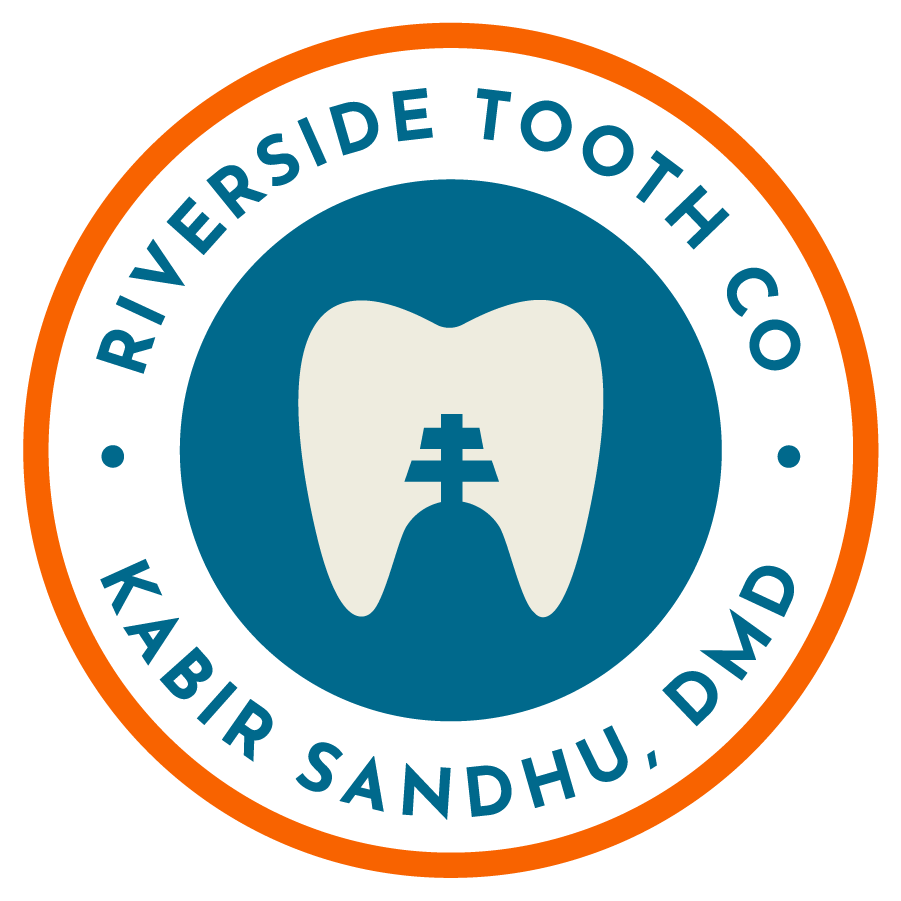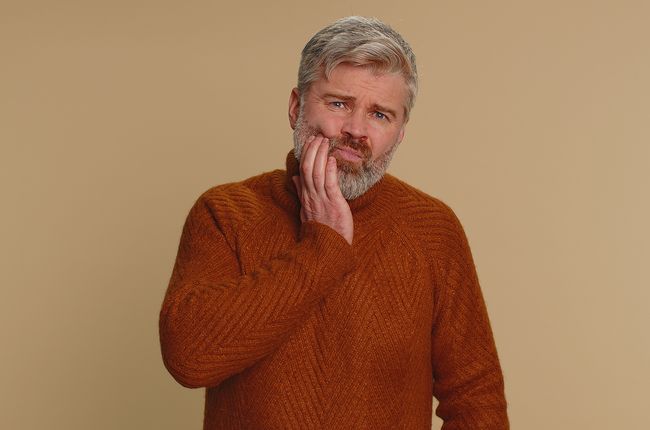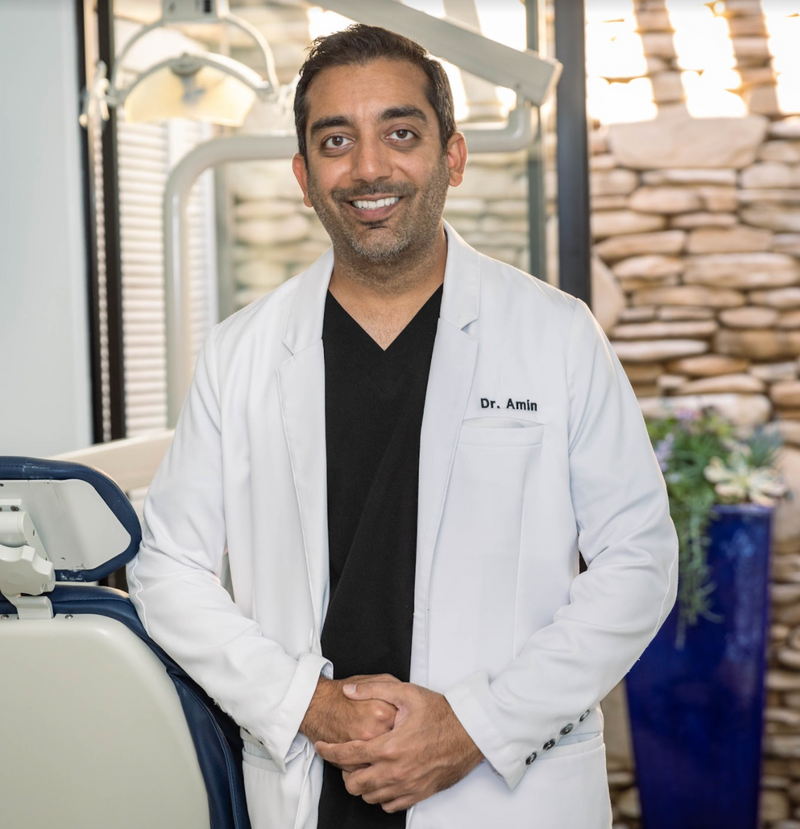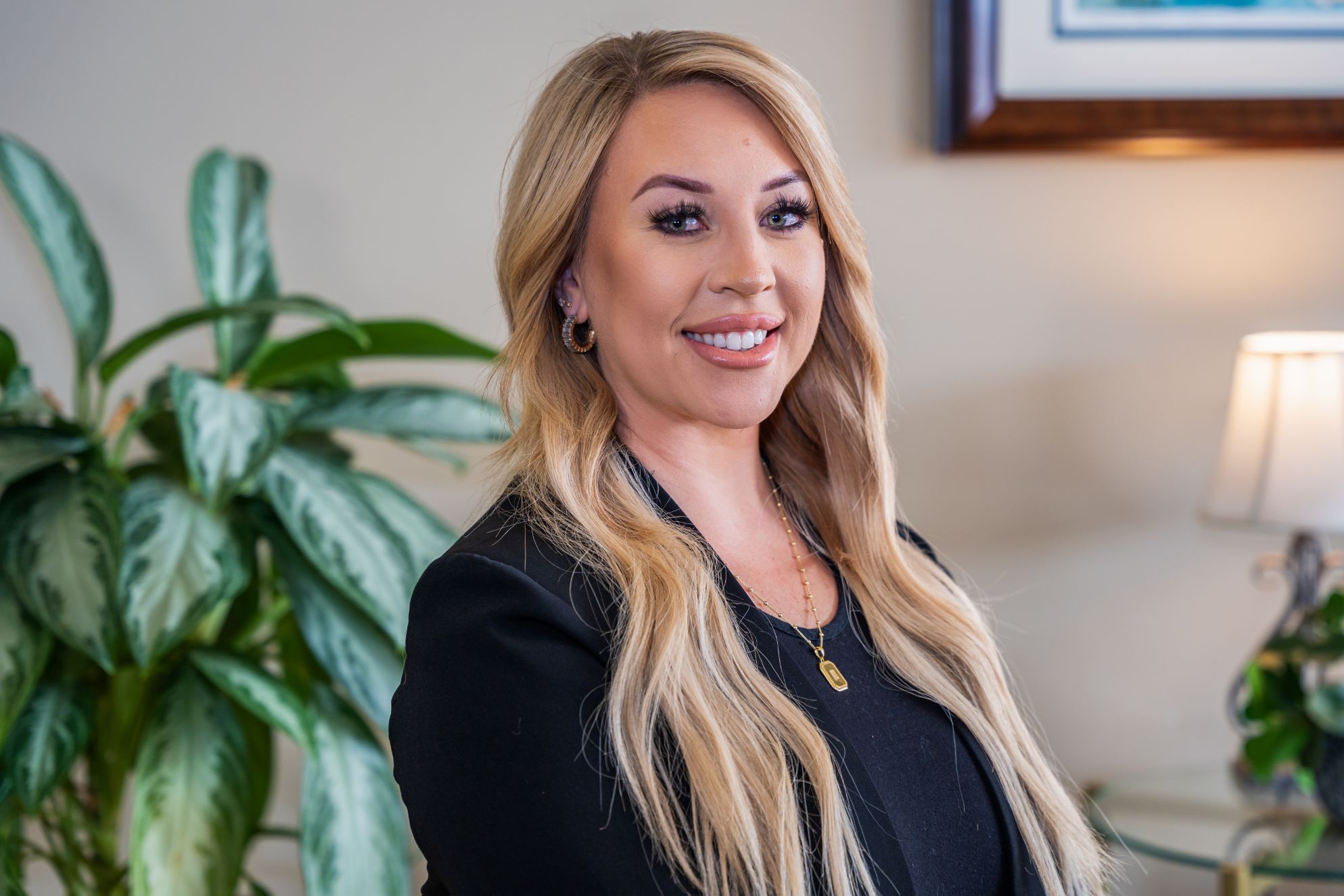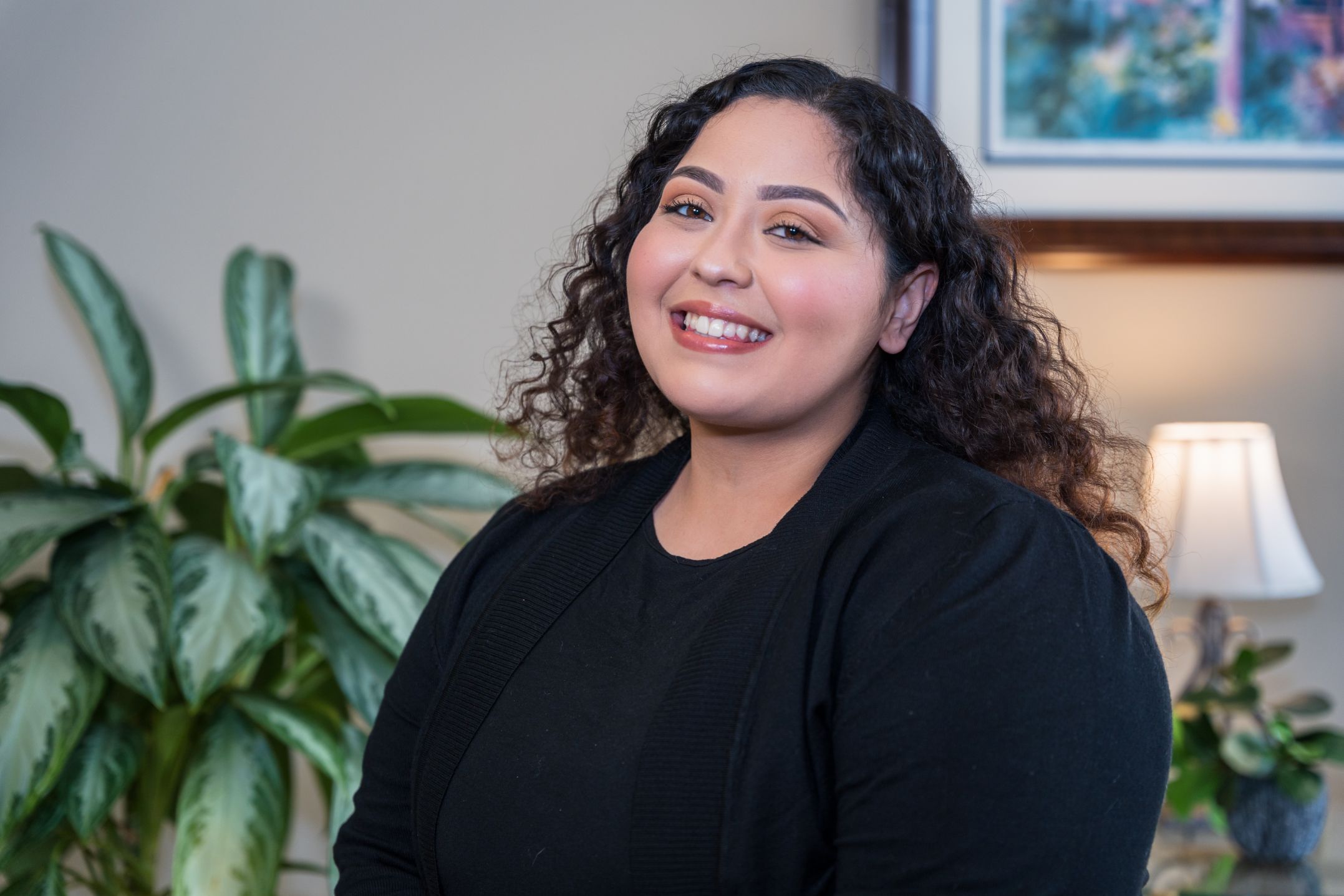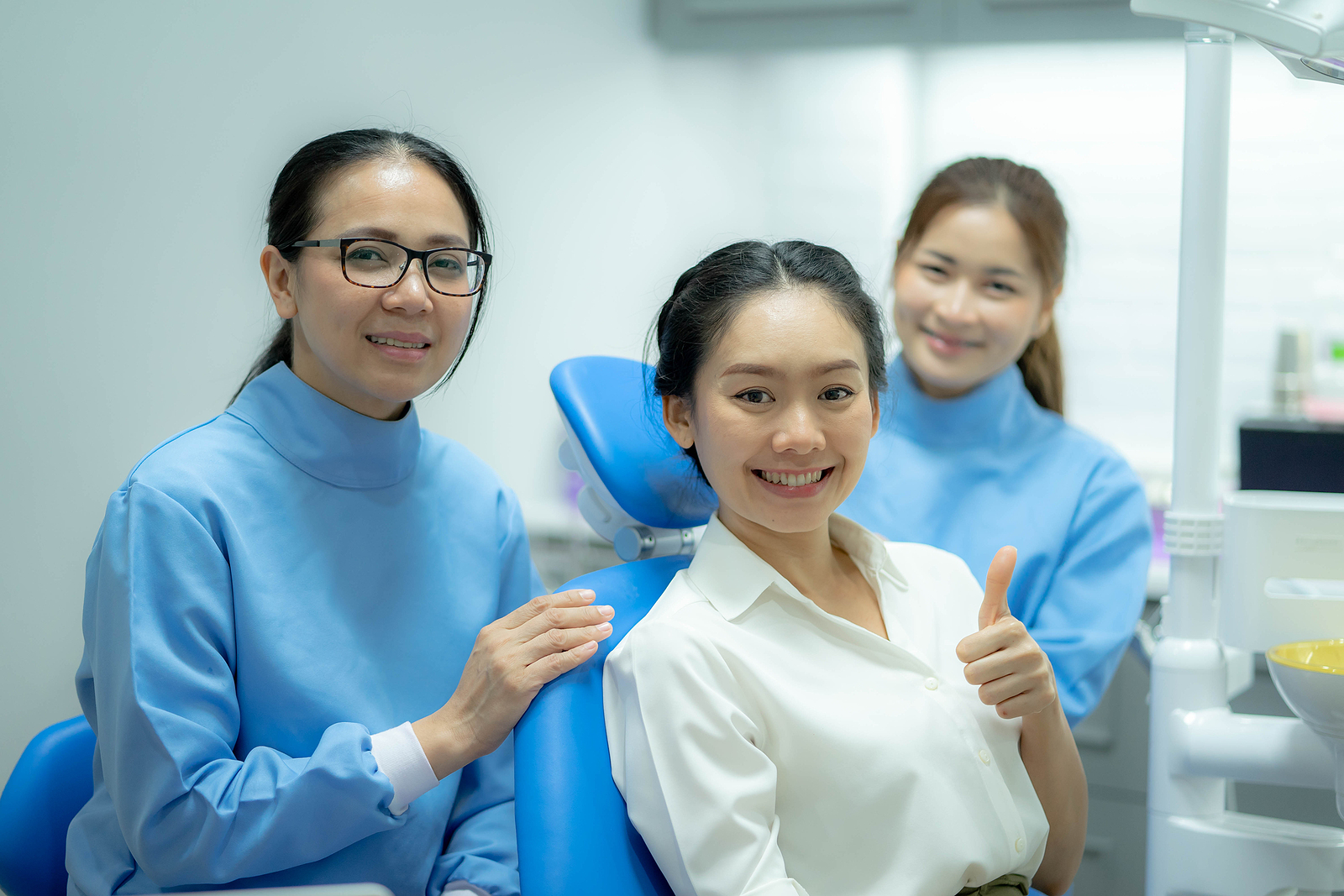Taking care of your oral health is essential for maintaining a healthy and beautiful smile. Regular visits to the dentist are crucial in preventing potential dental issues and ensuring optimal oral hygiene. In this article, we will explore what happens during a routine dental exam, the importance of early detection and prevention, and why finding a reputable dentist in Riverside, CA, is key. So let's dive into the world of dentistry and discover how these routine exams can benefit you!
Importance of Regular Dental Exams
Regular dental exams are the foundation of good oral health. They play a vital role in maintaining healthy teeth and gums, preventing potential problems, and addressing any existing issues before they worsen. One of the primary reasons why regular dental exams are essential is that they allow dentists to thoroughly assess your oral health.
During these exams, your dentist will perform a comprehensive examination of your teeth and gums. This includes checking for signs of tooth decay, gum disease, oral cancer, and other dental conditions. X-rays may also be taken to get a more detailed view of your teeth and identify any hidden issues.
Another critical aspect of regular dental exams is professional cleaning. Even with diligent brushing and flossing at home, it's impossible to remove all plaque and tartar buildup on your own. Dental cleanings help remove stubborn plaque deposits that can lead to cavities or gum disease if left untreated.
Additionally, routine exams give you an opportunity to discuss any concerns or questions you have about your oral health with your dentist. They can provide valuable guidance on proper brushing techniques and diet choices that promote healthy teeth and offer personalized advice tailored to your specific needs.
By scheduling regular dental exams with our trusted dentist in Riverside, CA, you are taking proactive steps toward maintaining optimal oral health. These routine check-ups not only help detect early signs of potential problems but also prevent future complications from arising.
Remember that prevention is always better than cure when it comes to our oral health! So, make sure to prioritize regular dental visits as part of your overall healthcare routine.
What Happens During a Routine Dental Exam?
During a routine dental exam, you can expect your dentist in Riverside, CA, to thoroughly evaluate the health of your teeth and gums. The exam typically starts with a discussion about your oral health history and any concerns or symptoms you may have. This helps the dentist understand your unique needs and tailor the examination accordingly.
Next, the dentist will conduct a visual inspection of your mouth, checking for signs of tooth decay, gum disease, and other issues. They may use special tools like mirrors or probes to get a closer look at hard-to-reach areas.
X-rays are often taken during routine exams to detect cavities between teeth and assess any underlying problems that may not be visible to the naked eye. These images provide valuable information for an accurate diagnosis.
Your dentist will also perform a thorough cleaning called scaling and polishing. This involves removing plaque and tartar buildup from your teeth using specialized instruments. They will floss around each tooth to ensure all debris is removed.
Throughout the exam, your dentist may offer advice on proper oral hygiene practices or recommend treatments such as fluoride application or sealants if necessary.
Regular dental exams are essential for maintaining optimal oral health by catching potential issues early on before they worsen. By visiting your trusted dentist in Riverside regularly for routine exams, you can enjoy healthy teeth and gums for years to come.
Benefits of Early Detection and Prevention
Taking care of your oral health is not just about having a bright smile; it also plays a crucial role in your overall well-being. Regular dental exams, combined with early detection and prevention, can have numerous benefits for both your oral health and general health.
Early detection allows the dentist to identify any potential issues before they become major problems. During routine dental exams, dentists can spot signs of tooth decay, gum disease, or even oral cancer in its early stages. This means that treatment can be initiated promptly, preventing further damage or complications down the line.
By detecting problems early on, you can also save money on costly treatments later. For example, if a small cavity is detected during an exam and filled promptly, it prevents the need for extensive restorative procedures like root canals or crowns.
Prevention is always better than cure when it comes to dental health. By maintaining good oral hygiene habits such as regular brushing and flossing along with professional cleanings every six months, you significantly reduce the risk of developing cavities or gum disease.
Additionally, routine dental exams allow dentists to assess your bite alignment and jaw function. They may detect issues such as teeth grinding or temporomandibular joint (TMJ) disorders early on. Addressing these concerns promptly helps prevent further damage to teeth and reduces discomfort associated with these conditions.
Moreover, maintaining optimal oral health has been linked to improved overall health outcomes. Research has shown associations between poor oral health and various systemic conditions such as heart disease, diabetes complications, respiratory infections, and even pregnancy complications.
Conclusion
Regular dental exams are essential for maintaining good oral health and preventing potential problems in the future. By visiting a dentist in Riverside, CA, on a routine basis, you can ensure that your teeth and gums stay healthy.
In conclusion, regular dental exams are essential for maintaining good oral health by enabling early detection of potential problems while promoting preventive measures. By visiting your dentist regularly for routine check-ups at Dentist in Riverside, CA, you ensure that any concerns are addressed promptly before they worsen into more significant issues that require invasive treatments or compromise your overall health.
Remember, prevention is key, and investing a little time and effort now can prevent the need for invasive treatments in the future. Call us now to schedule your appointment.
More Blog Posts
Contact Us
6886 Indiana Ave Suite B,
Riverside, CA, CA, 92506
Email: info@riversidetoothco.com
Phone: (951) 686-2565
Working Hours
MON8:00 am - 5:00 pm
TUE - THU9:00 am - 6:00 pm
FRI7:00 am - 12:00 pm
SAT - SUNClosed
